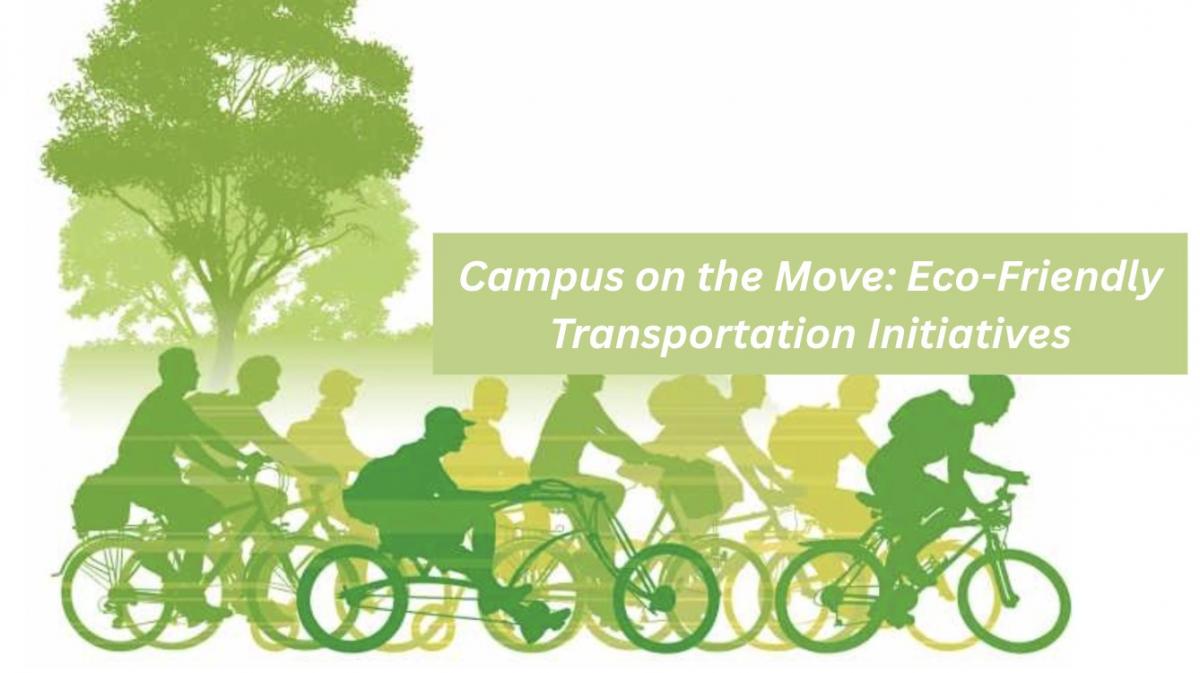
The Sustainability Management Office at Tashkent State University of Uzbek Language and Literature (TSUULL) manages, supervises, and develops all mobility and transportation services across the university. Guided by the vision of the University and aligned with the highest international sustainability standards, the Office ensures that the university’s transport operations are safe, efficient, environmentally responsible, and inclusive.
The Office oversees the use and maintenance of university roads, pavements, and transport facilities. TSUULL’s transportation fleet is equipped to meet the diverse mobility needs of students, staff, and visitors, ensuring both comfort and safety. The University remains firmly committed to safeguarding the well-being of its community and minimizing its environmental footprint through continuous improvements in sustainable transport solutions.
Public and University Transportation
TSUULL’s campuses are well served by local bus routes operated by the City Council, which offer convenient access to and from all university sites. These routes provide discounted student fares, making public transport both affordable and sustainable.
To support academic mobility, TSUULL also provides a shuttle service between the Main Campus and the Akkurgan Campus four days a week. This service operates one trip in the morning and one in the afternoon, supporting seminars, field trips, workshops, and staff commuting needs. The shuttle is an electric bus rented in partnership with the City Council, further emphasizing TSUULL’s dedication to reducing greenhouse gas emissions. (visit for more)
Transition to a Parking-Lot-Free Campus
In line with its long-term sustainability goals, TSUULL has transitioned to a parking-lot-free campus as of 2025.
The University formally transferred its remaining car parking area to the Yakkasaroy District Administration, marking a major milestone in its journey toward a greener and more pedestrian-friendly campus environment.
Between 2020 and 2024, the University gradually reduced its vehicle parking zones — from 2,400 m² to 1,310 m² — as part of a phased policy to discourage private car use and encourage eco-friendly mobility alternatives. The decision to fully eliminate on-campus parking reflects TSUULL’s strong institutional commitment to reducing carbon emissions, traffic congestion, and noise pollution.
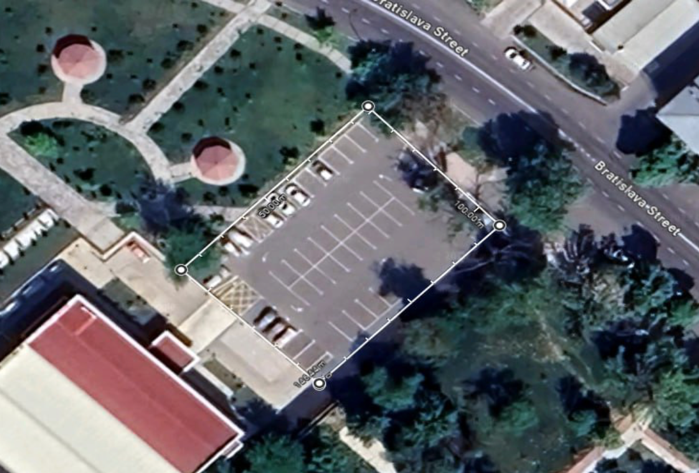
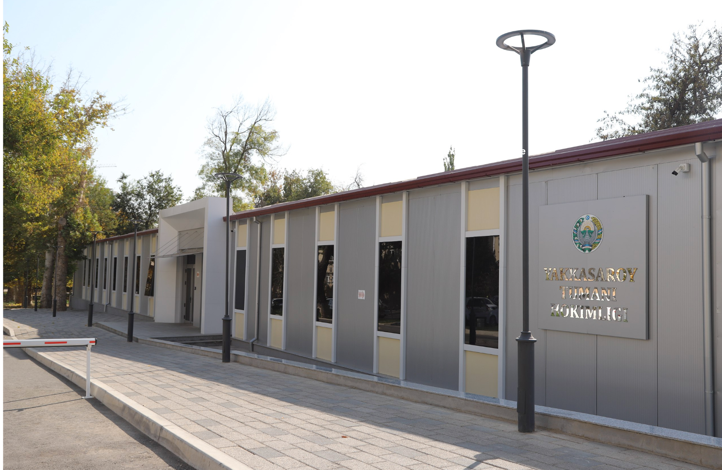
Previously, the University implemented progressive parking fees to limit vehicle numbers, a policy that proved successful in shifting mobility patterns. As a result, bicycle use and shared commuting options increased significantly across campus.
Cycling for a Healthier Campus
To further promote active and sustainable transportation, TSUULL provides bicycle rental services for students and staff.
Currently, 10 bicycles are available for short-term use around campus and the neighboring areas, with plans to expand the fleet by 20 additional bicycles in the coming year.
The rental cost is an affordable 12,000 UZS (approximately $1 USD) per hour.
Every Thursday, bicycles are available free of charge for up to two hours per person, encouraging wider participation and supporting a healthy lifestyle initiative.
Bicycle lanes and designated parking stands have been integrated into campus infrastructure to ensure convenience, safety, and accessibility for all riders.
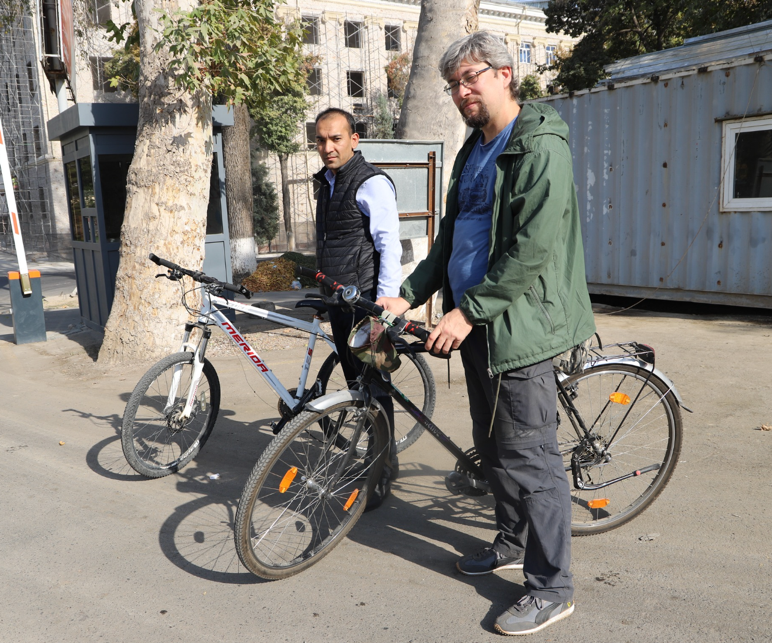
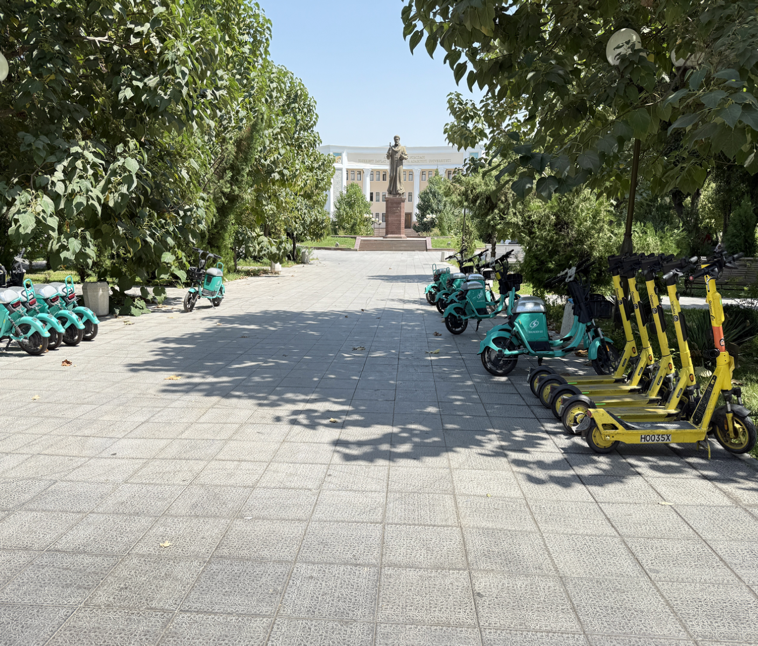
Carpooling and Community Initiatives
In collaboration with the TSUULL Youth Union, the University supports a carpooling initiative through the Yandex Taxi platform. Regular polls on the Youth Union’s official Telegram channel help students and staff coordinate shared rides to and from campus.
This initiative helps to:
- • Reduce individual travel costs
- • Minimize the environmental impact of commuting
- • Strengthen the sense of community and collaboration among the university population
Vehicle-Free Days and Awareness Campaigns
TSUULL actively promotes “Vehicle-Free Days” in coordination with the City of Tashkent several times each year.
During these events, university administrators, faculty, and students commit to arriving without vehicles, setting a visible and inspiring example of sustainable behavior.
Such campaigns are integral to TSUULL’s mission of educating future generations not only in language and literature but also in environmental responsibility and civic engagement.
Looking Ahead
The Sustainable Practices Office continues to innovate in the field of green mobility by exploring:
- • Expansion of e-bike and e-scooter access across campus
- • Integration of renewable energy sources for transport facilities
- • Collaboration with local authorities to enhance sustainable transport networks in the Yakkasaroy district
Through these actions, TSUULL reaffirms its position as one of Uzbekistan’s leading universities championing sustainable development, environmental stewardship, and a forward-looking academic culture.
